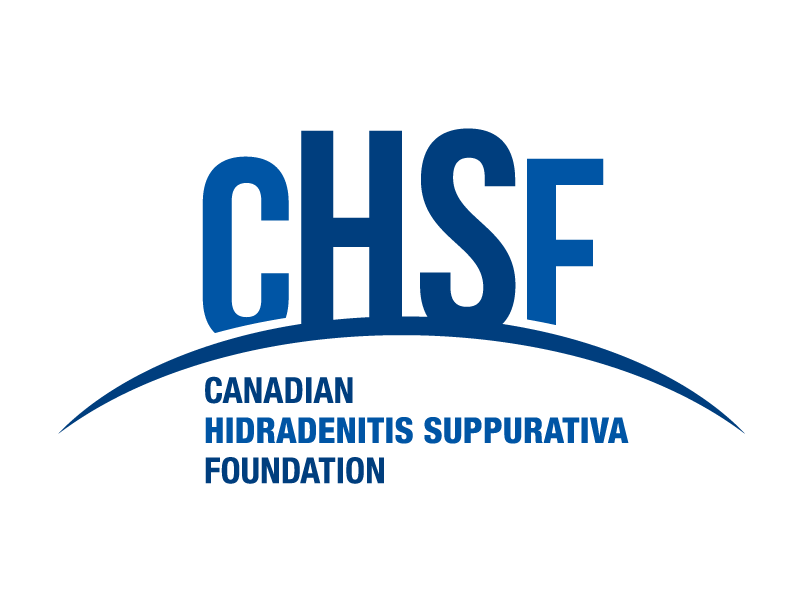Smoking is a known risk factor for developing HS and has been associated with a poorer prognosis compared to non-smokers. Smoking cessation can be challenging due to the addictive nature of nicotine and a variety of psychosocial factors. Quitting requires a great deal of effort, but it can significantly improve overall health and HS prognosis.
There are many supports to help you to reach your goal. Medical options, such as nicotine replacement therapy, can alleviate cravings that commonly occur when quitting. Beyond that, psychological treatments can be used alone or in combination with medical treatments. These include cognitive behavioural therapy, structured support programs, or support groups. With this approach, you can identify factors that may make smoking cessation more difficult for you and work to overcome them. Smoking cessation is one of the best steps that can be taken to manage HS. Smoking cessation can be discussed with your family physician or dermatologist.

Managing HS requires a multifaceted approach that goes beyond medical treatments. Lifestyle modifications such as dietary changes, regular exercise, and smoking cessation can contribute to reducing symptom severity and improving the overall quality of life. Remember that everyone has a different experience with HS, and it may take some trial and error to find the right strategies that work for you.
